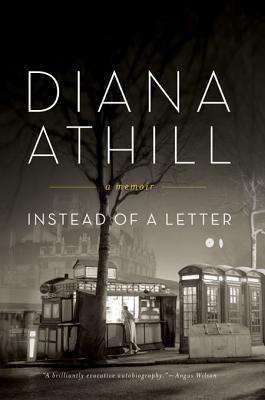What do you think?
Rate this book


256 pages, Kindle Edition
First published January 1, 1962
Truth number four is ‘You’re not happy unless you think you’re happy.’ This is not just unfathomable but raises a prior question. Why is Rubin so very sure that happiness is the goal? Why do people, some people, understand their sense of incompleteness as a lack of happiness? Or why do they believe that such an incompleteness can and should be remedied? If the answers to these questions strike you as completely obvious, or they don’t seem to be sensible questions at all, then maybe it’s just me, but I suspect Freud didn’t stop at ordinary unhappiness because he was at a loss to know what to do at that point, but because ordinary unhappiness constitutes part of regular existence.
I once tried this thought out on a panel on a TV book show when we were talking about a biography of Ford Madox Ford. There was general agreement that his had been a tragic life, evidenced by catastrophic love affairs, difficulty in writing and several failed suicide attempts. I wondered if you had to see it as such a tragic life, or just that kind of a life. He did after all have all the melodrama and all those torrid relationships, and he also wrote some of the best novels of the 20th century. Even suicide attempts, if they fail, offer a kind of renewal, if only of unhappiness. Certainly, he wasn’t happy, but was it a tragic life? I’m no more sure what constitutes tragic than I am about defining happiness. They cut that bit out when the show was broadcast, because the other people on the panel just blinked at me and moved swiftly on.